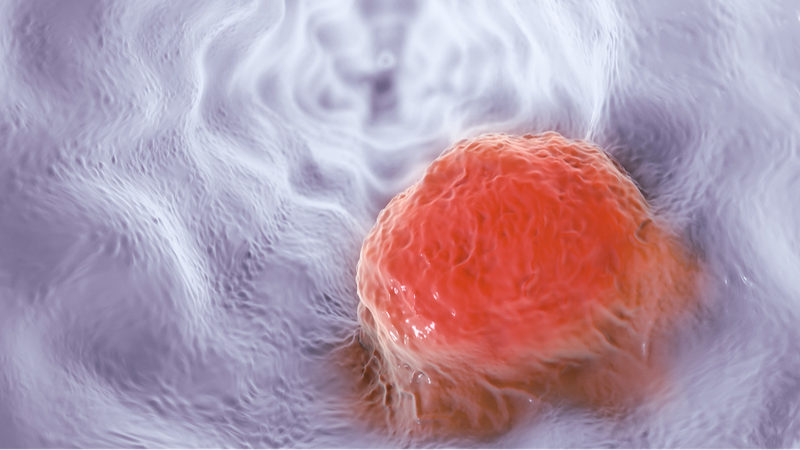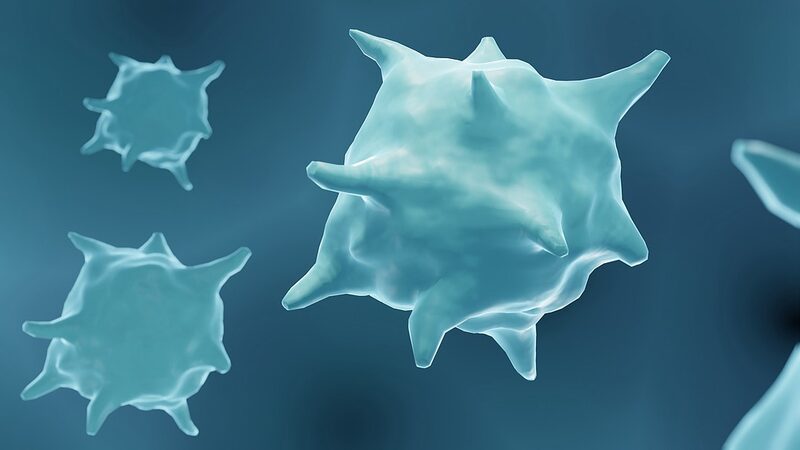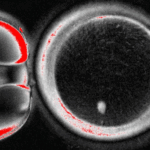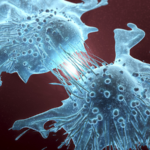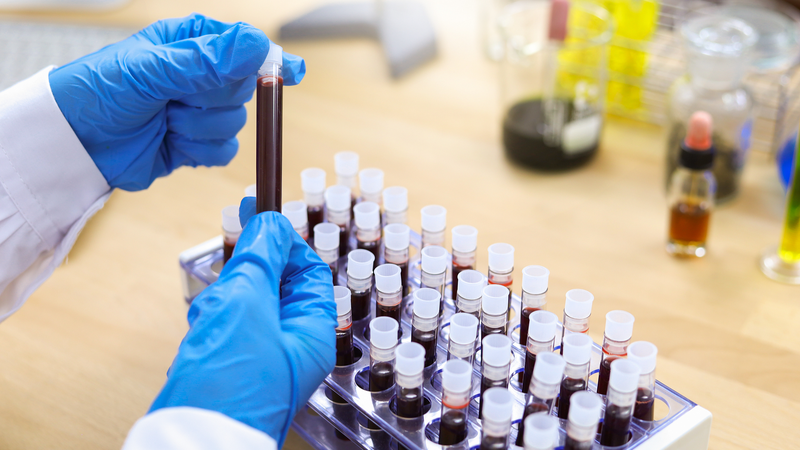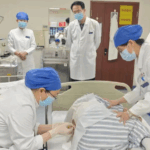Three patients in China are rewriting the future of autoimmune disease treatment after becoming the first in the world to achieve remission using donor-derived CAR-T cell therapy. This revolutionary approach, which modifies immune cells from healthy donors instead of the patient’s own, could slash costs and unlock mass production for life-changing treatments. 💊✨
From Skin Hardening to Freedom
Mr. Gong, a 57-year-old from Shanghai, battled systemic sclerosis—a condition that stiffened his skin and threatened his organs. Just three days after receiving bioengineered immune cells, he regained finger movement and could open his mouth freely. ‘I feel very good,’ he shared over a year post-treatment. 👐
Science Meets Scalability
CAR-T therapy, already used for blood cancers, reprograms immune cells to hunt harmful B cells causing autoimmune flare-ups. But current methods rely on harvesting a patient’s own cells—a costly, time-consuming process. The Shanghai team, led by rheumatologist Xu Huji, flipped the script by using donor cells edited with CRISPR. Their Cell-published study showed six-month remission in all three recipients. 📈
‘The clinical outcomes are phenomenal,’ said Tsinghua University immunologist Lin Xin, who’s running a similar lupus trial.
The Road Ahead
While donor-derived CAR-T could democratize access (think: faster, cheaper production 🏭), questions linger about long-term risks. Still, with 24+ patients already treated and ‘favorable’ results, this could be the dawn of off-the-shelf solutions for diseases like lupus and multiple sclerosis. 🔬
Reference(s):
First therapy using donor cells puts autoimmune disorders in remission
cgtn.com
